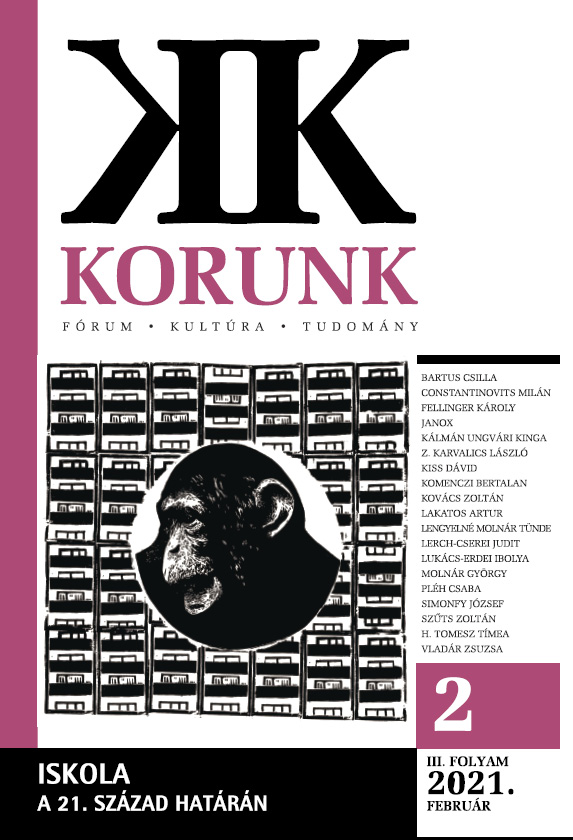Irodalomtanítás a digitális fordulat határán
Teaching Literature on the Border of Digital Change
Author(s): Dávid KissSubject(s): School education
Published by: Korunk Baráti Társaság
Keywords: literature instruction; reader education; canon; popular literature; digital technologies; teaching methods; postmodernity
Summary/Abstract: Literature instruction based on traditional, canonical roots lives its “great depression” in the 21st century. Digital culture spread extensively, furthermore it could set foot in education which created a border situation in literature instruction. What are the ingredients of this border situation? Earlier research focusing on examining reading habits and students’ attitudes towards reading have revealed that reading (in itself) enjoys less popularity against freedom activity opportunities provided by electronic devices. After the family, school turns out to have the most significant role in educating young people to be skilled readers. However, in schools literature instruction shows mainly a chronological structure. This model presenting and focusing primarily on the canonical, classical works does not give opportunity to include new kinds of teaching practice providing experience-based education, which would focus on popular literature, contemporary youth literature and non-canonical authors, genres. Many researchers and teachers dedicated to examine literature education methods stated that the process of educating students to be readers should be mainly rooted in the previously mentioned, non-canonical texts. In other words, students should be given those kinds of works which they would voluntarily read. National curriculum also gives an important role to the process of reader education. However, this goal is taken into consideration only among significant, classical works, which unfortunately cannot meet the expectations in practice. The modification of the Hungarian National Curriculum of 2020 has raised new questions about the opportunities supplied in reader education. In my study I try to experiment with the revision of the paradigms of canonical, contemporary and postmodern literature instruction. I also highlight the pedagogical effects of the digital shift and I try to synthesize, connect and complete the views on the crises of literature and the border situation.
Journal: Korunk
- Issue Year: 2021
- Issue No: 02
- Page Range: 66-72
- Page Count: 7
- Language: Hungarian

